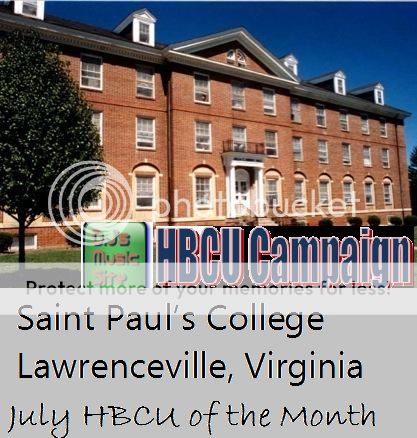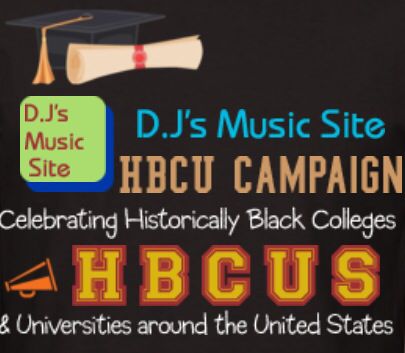While St. Paul's collapse is an extreme example, many HBCUs are struggling. Historically, they never have had deep pocket benefactors like a University of Virgina, and black Americans suffered disproportionately during the recession the country is just now shaking off.
Marybeth Gasman, a professor of higher education at the University of Pennsylvania who has written extensively on HBCUs, fears other "itty-bitty" colleges like St. Paul's could face a similar fate.
She pointed to "really strong" HBCUs such as Spelman, Morehouse, North Carolina A&T and Paul Quinn College, a small Dallas school that was saved by an energetic president who brought in new money and ideas.
St. Paul's is banking on the sale to breathe new life into its campus. The campus, which is assessed at more than $12.5 million, includes dormitories, a president's house, and other residences, administration buildings, a gingerbread Victorian house that served as an arts center, and a student center that includes a four-lane bowling alley. Reflecting it blue collar origins, some of the brick buildings were constructed by students.
"This is really about the spirit and legacy of the school," said Patrice Carroll, who is handling the sale for Sperry Van Ness/Motley's, a brokerage and auction company said in an interview in Stith's office on the Lawrenceville campus. "It's not just selling land or a building."
The April 9 sealed-bid sale offers prospective buyers four options, ranging from the 130-acre campus and its building to a package that includes 434 adjoining acres.The school attempted to fight its closure through fund-raising, which fell short. But St. Paul's plight still stirs alumni, including a donation in March from an alumnus who attended elementary school at St. Paul's administration building when it served African-American children in Lawrenceville.
"I weep every time I think of Saint Paul's College's closing," she wrote in a handwritten letter.

 St. Paul College which was our "HBCU of the Month" of July 2013, closed its doors in June 2013 due to debt, questions about its politics and a declining enrollment. According to TimesDispatch, The college hopes to sell the 130-acre roller-coaster grounds campus and its accompanying 35 buildings in hopes to reopen and continue to educate students in this rural community.
St. Paul College which was our "HBCU of the Month" of July 2013, closed its doors in June 2013 due to debt, questions about its politics and a declining enrollment. According to TimesDispatch, The college hopes to sell the 130-acre roller-coaster grounds campus and its accompanying 35 buildings in hopes to reopen and continue to educate students in this rural community.





